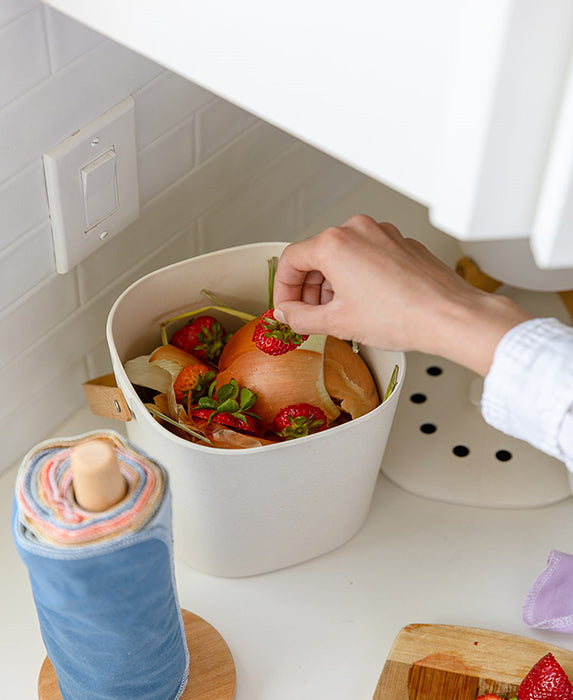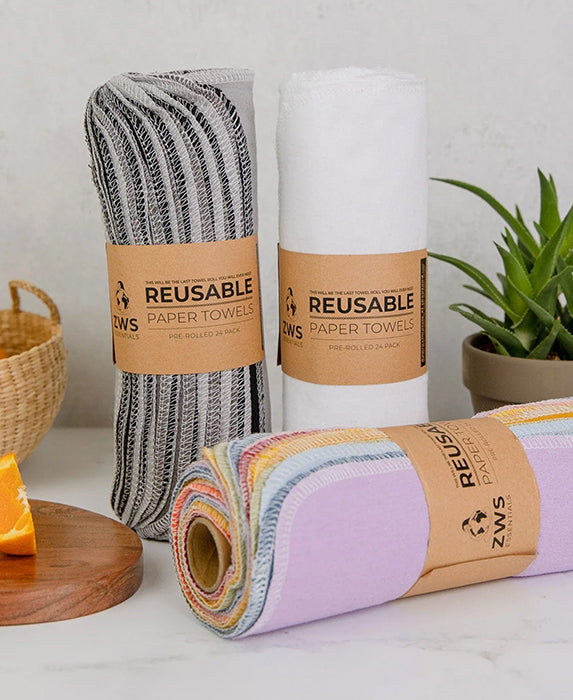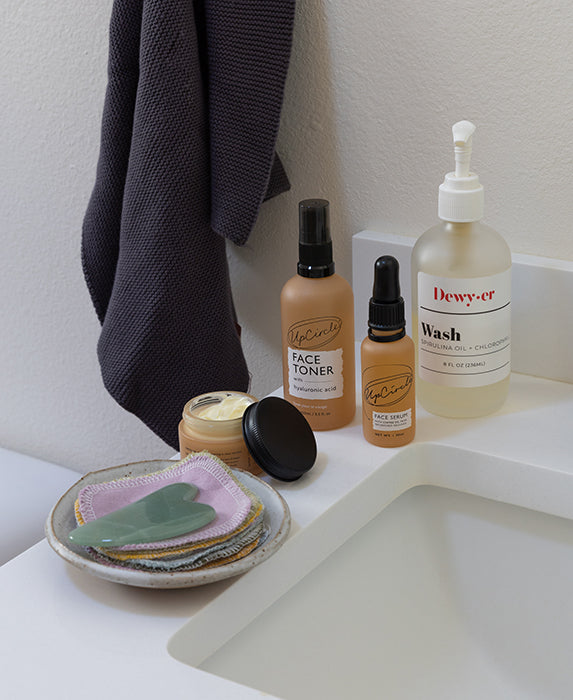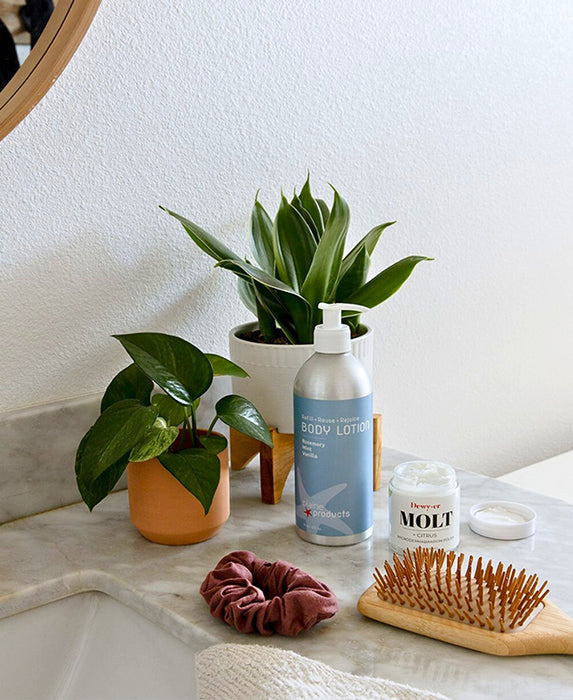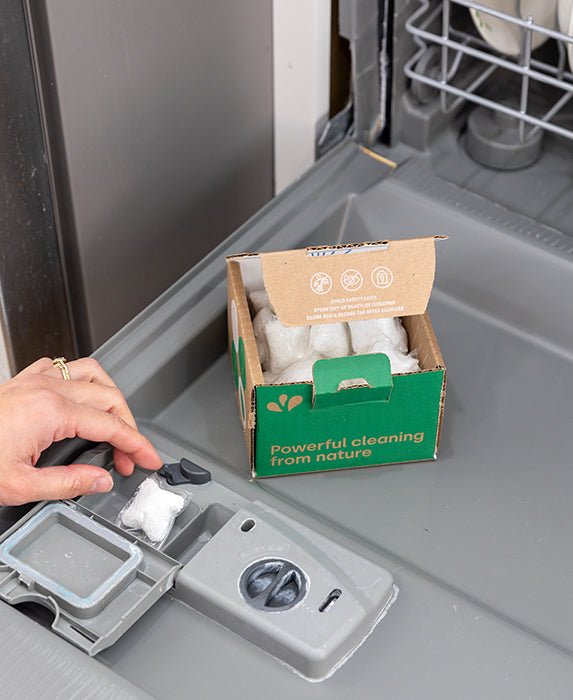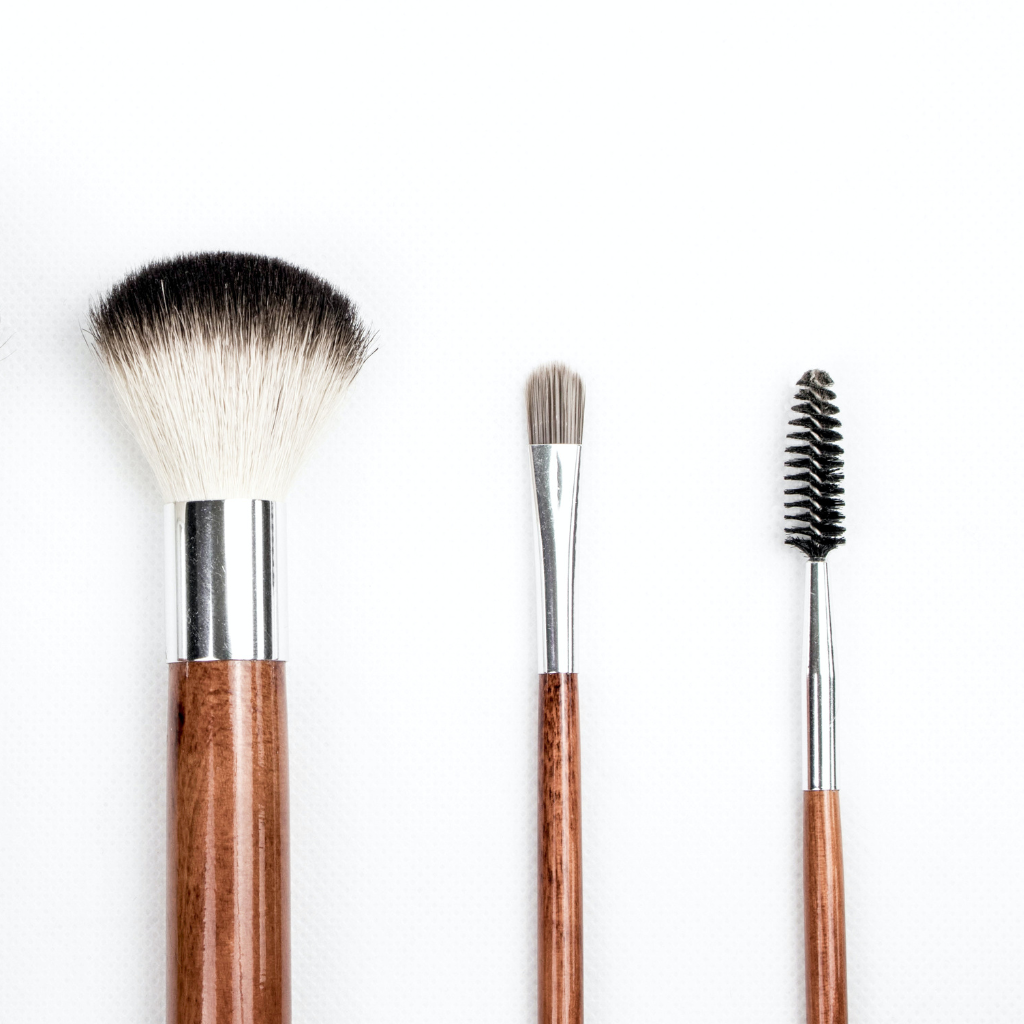When we shop for our beloved accessories, it can be daunting to think about the sustainability of those pieces. What makes jewelry sustainable? How does fair labor play into it? Who and what companies can you trust when shopping for your new earrings or necklaces? Do any of those questions sound familiar? We’re here to help!
In this blog, you’ll learn:
- What ethically-sourced metals are and are not
- Understand what makes jewelry sustainable
- Delve into the relationship between ethical mining and fair labor
- Learn how EarthHero does it differently
- Outline ethical jewelry brands we love!
What are Ethically-Sourced Metals?
When it comes to manufacturing of any kind, the initial steps of sourcing materials are often the most forgotten, which makes it hard to establish norms and systems of regulation. It's tough to find traceable and transparent information regarding the methods of sourcing, including location and labor practices.
When it comes to fair metal sourcing, there are typically three acceptable options: Fair Trade metals, Fairmined metals, and 100% recycled metals.1 Because metals, like every other resource on the planet, are finite, their mining can be incredibly intensive and harmful to the environment. One reason is that replenishing a depleted mine is difficult and near impossible in many cases.

Fair Labor Practices
Metal mining is dangerous work, which makes it easy to neglect rules and regulations related to worker safety. Especially for smaller mining operations, having a system of regulations can be tough. This can lead to bodily injury, over-exhaustion, and even poisoning. In addition, the reality that miners typically earn less than a living wage makes the impact that much more harmful. An increasingly important issue, responsible mining is gaining traction. In fact, a recent study showed that 80% of jewelry aficionados sought conflict-free jewelry2. The need and desire are there!
Thankfully, more and more regulatory bodies are taking charge of not only outlining rules and safety requirements that companies can look to and use within their own operations, but also supporting positive growth and change as third-party certifiers. Two examples are Fair Trade and Fairmined, as mentioned above. As internationally-recognized and accredited organizations, they offer assurance of responsible mining practices and compliance with certain safety, social, and environmental standards.
Fair Trade
One of Fair Trade’s hefty goals is eradicating conflict minerals (like gold) from the supply chain3. Not only does this support greater transparency within the mining community, but it also allows for greater rights and education access. For instance, Fair Trade prioritizes supporting its mineral producers by guiding them on wage practices, consulting on fair pricing, and increasing global awareness of ethically-sourced metals and responsible mining.
Fair Mined
Similar to Fair Trade, Fairmined certifies ethically-sourced metals, specifically gold. Focused on artisanal and small-scale mining (ASM), they promote socially-responsible development within mining businesses as well as promote the rights of the planet4. Moreover, Fairmined is able to support fair wages, fair pay for metals, and greater overall legitimacy within the metal industry.
What Makes Jewelry Sustainable
Much like other sustainable materials and products (like fashion), sustainable jewelry must be sourced responsibly, promote environmental and economic development, and support positive change where involved. This includes everything from being able to trace exactly where the metals come from, who is making the final product, and how the product is marketed to consumers.
For some companies, this means getting third-party certifications to assure consumers of the regulations and ethics they follow. For some, the focus is on the materials, opting for recycled or scrap metals as opposed to virgin sourcing or prioritizing long-lasting and high-quality as opposed to low-quality and ephemeral.
Additional issues arise when we consider the end-of-life of jewelry, as discarded pieces that end up in the landfill release toxins and don’t biodegrade5. Since jewelry often has a short lifespan (much like clothing), this is a big problem. For many jewelers, being more transparent about end-of-life and educating consumers on fast fashion and mindful consumerism are key to making the industry more sustainable.
How EarthHero is Different
At EarthHero, we care about where our products come from, the materials they’re made with, and the ethics behind their creation. For jewelry, it’s no different. We follow a meticulous sourcing strategy to make sure we only onboard brands and products we can trust so that you can too. Below you’ll see our ethical jewelry brands that “meet the mark” and not only produce sustainably but also give back to the community in one way or another.
Learn more about our 5-step Sourcing Methodology here.
Brand Spotlight
Baleen
Responsible Handmade Jewelry
Baleen was founded in 2008 by husband and wife team, Billy and Leah, who wanted to create well-designed and timeless fashion pieces that appealed to all styles. Based in Seattle, their small but mighty team of 7 handmakes and casts their gorgeous pieces from recycled metals. Plus, their production studio is 100% zero waste because they reuse or donate their scrap metal pieces to keep any from ending up in the landfill.
Read more about Baleen on their brand page!
BERG + GETTS
A Sustainable Take on a Classic Timepiece
BERG+BETTS was founded by fashionista Jessie Atkins who hailed from a family of creatives and entrepreneurs and wanted to make the fashion sphere a little more eco-friendly. They create mindfully-designed watch pieces made from 100% upcycled leather cutoffs collected from leather shops across the world and feature water-resistant stainless steel.
Read more about BERG+BETTS on their brand page!
Rover + Kin
Design with purpose
Rover & Kin was started by Wen-Yan and her husband who wanted to create ethical jewelry that also empowered women. What began as a small fair trade shop in Berkeley, California has grown into a renowned jewelry crafter that prioritizes traditional craftsmanship while incorporating modern fashion trends. They use upcycled brass to create many of their pieces, ensuring longevity and timelessness. Plus, they partner with Grow Ahead to support reforestation efforts.
Read more about Rover + Kin on their brand page!
SOKO
Style driven by a greater social purpose
SOKO was founded as a way to connect talented Kenyan artisans to the world of fine jewelry. They support entrepreneurship and economic independence, especially for women of color, through thoughtful and supportive partnerships. They use upcycled metals and materials, like reclaimed ivory horns, to make their unique pieces. Moreover, they use a unique plating technique called electroplating which recycles 60% of the water used to reduce overall water consumption.
Read more about SOKO on their brand page!
Interested in learning more about the materials and ingredients we use at EarthHero? Check out our blog collection here.
Sources
- http://www.ethicalmaking.org/metal-sourcing/
- https://gurhan.com/blogs/tales-truths-transparency/sustainable-jewelry-jewelry-industry
- https://info.fairtrade.net/product/gold
- https://fairmined.org/what-is-fairmined/
- https://www.sustainablejungle.com/sustainable-fashion/sustainable-and-ethical-jewelry/

